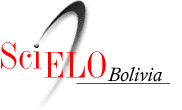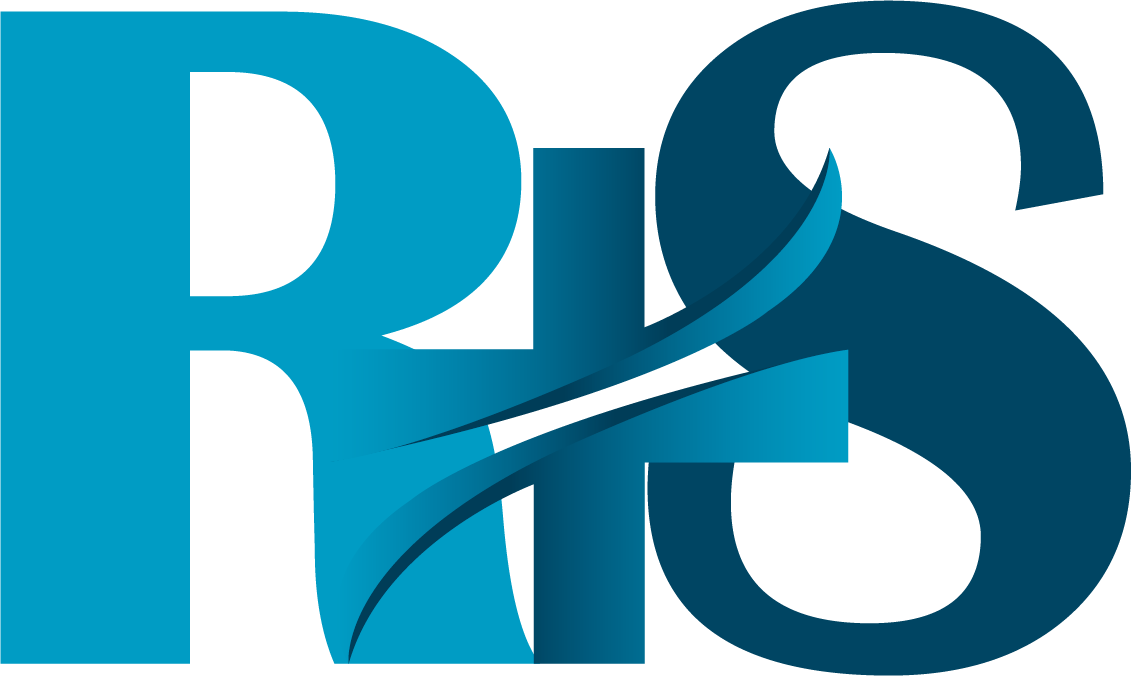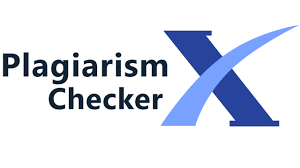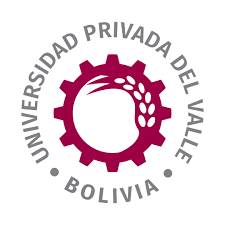Elaboration of a homemade agar based on Origanum vulgare, Aloysia citrodora and Avena sativa for the growth of Escherichia coli strains Phytopharmaceuticals Experimental Center of Universidad Privada del Valle 2017
DOI:
https://doi.org/10.52428/20756208.v12i31.502Keywords:
Agar, Microbiological cultive in pharmacology, Pharmacological synergismAbstract
Microorganism's growth mediums are a basic tool in the field of clinical analysis and research, being increasingly more specific and costly over time. The phytopharmaceutical experimentation center proposes a viable and economical alternative using Avena Sativa and Agar base as basic nutrients for the growth and development of microorganisms. Due to the presence of carbohydrates, peptone and sodium chloride in the agar, the growth of Gram positive bacteria and fungi was inhibited with the addition ofhydroalcoholic extracts of Origanum vulgare and Aloysia citrodora. In this way it is possible to develop the specific growth of E. coli strains in a natural culture medium, which can be within the reach ofany clinical laboratory in rural or metropolitan areas.
Downloads
References
Maraví I y Gisella G. Efecto antibacteriano y antifúngico del aceite esencial de: Menta piperita (menta), Origanum vulgare (orégano) y Cymbopogon citratus (hierba luisa) sobre Streptococcus mutans ATCC 25175, Lactobacillus acidophilus ATCC 10746 y Cándida albicans ATCC 90028. [tesis en Internet] Perú: Universidad Privada Norbert Wiener; 2012 [Consultado el 8 marzo de 2017] Disponible en: http://www.cop.org.pe/bib/tesis/GlSELLA%20GlOVANNA%20MARAVl%201NGA.pdf
Faleiro Naves P. Formación de biopelículas por Escherichia coli y su correlación con factores de virulencia: prevención y actividad de antimicrobianos frente a organismos planctónicos y asociados a biopelículas. [tesis doctoral en Internet] España: Universidad Complutense de Madrid; 2009. [Consultado el 15 mayo de 2017] Disponible en: http://eprints.ucm.es/9780/1/T31422.pdf
Hernández Álvarez E. Escherichia coli productores de BLEE aislados de urocultivo: implicaciones en el diagnóstico y tratamiento de la infección urinaria. [tesis doctoral en Internet] España: Universidad Complutense de Madrid; 2009. [Consultado el 15 mayo de 201 7] Di sponible en: http://eprints.ucm.es/10442/1 /T31499.pdf
Salamanca García MA y Sánchez Bermúdez MY. Extracción y caracterización de la oleorresina del orégano (Origanum vulgare). [tesis en Internet] Colombia: Universidad Tecnológica de Pereira; 2009 [Consultado el 8 marzo de 2017] Disponible en: http://repositorio.utp.edu.co/dspace/bitstream/handle/1 1059/1839/6650282S159.pdf;jsessionid=E1 1 A95426ACD3A7670EE43E922A28EEE?
sequence=l
Betancourt López L. Evaluación del aceite esencial de orégano en la dieta de los pollos de engorde. [tesis en Internet] Colombia: Universidad Nacional de Colombia; 201 2. [Consultado 8 marzo 201 7] Disponible en: http://www.bdigital.unal.edu.co/6506/1/787020.2012.pdf
I.C.T, S.L, CULTIMED. Manual Básico de Microbiología. Recomendaciones generales de empleo para los medios de cultivo deshidratados y preparados. [Internet] 2002 [Consultado el 30 mayo de 201 7] Disponible en: http://www.ictsl.net/downloads/microbiologia.pdf
Basaure P. Microorganismos/Nutrición y crecimiento [Internet] 2013 [Consultado el 29 mayo de 2017] Disponible en: .http://www.manualdelombricultura.com/foro/mensajes/24224.html
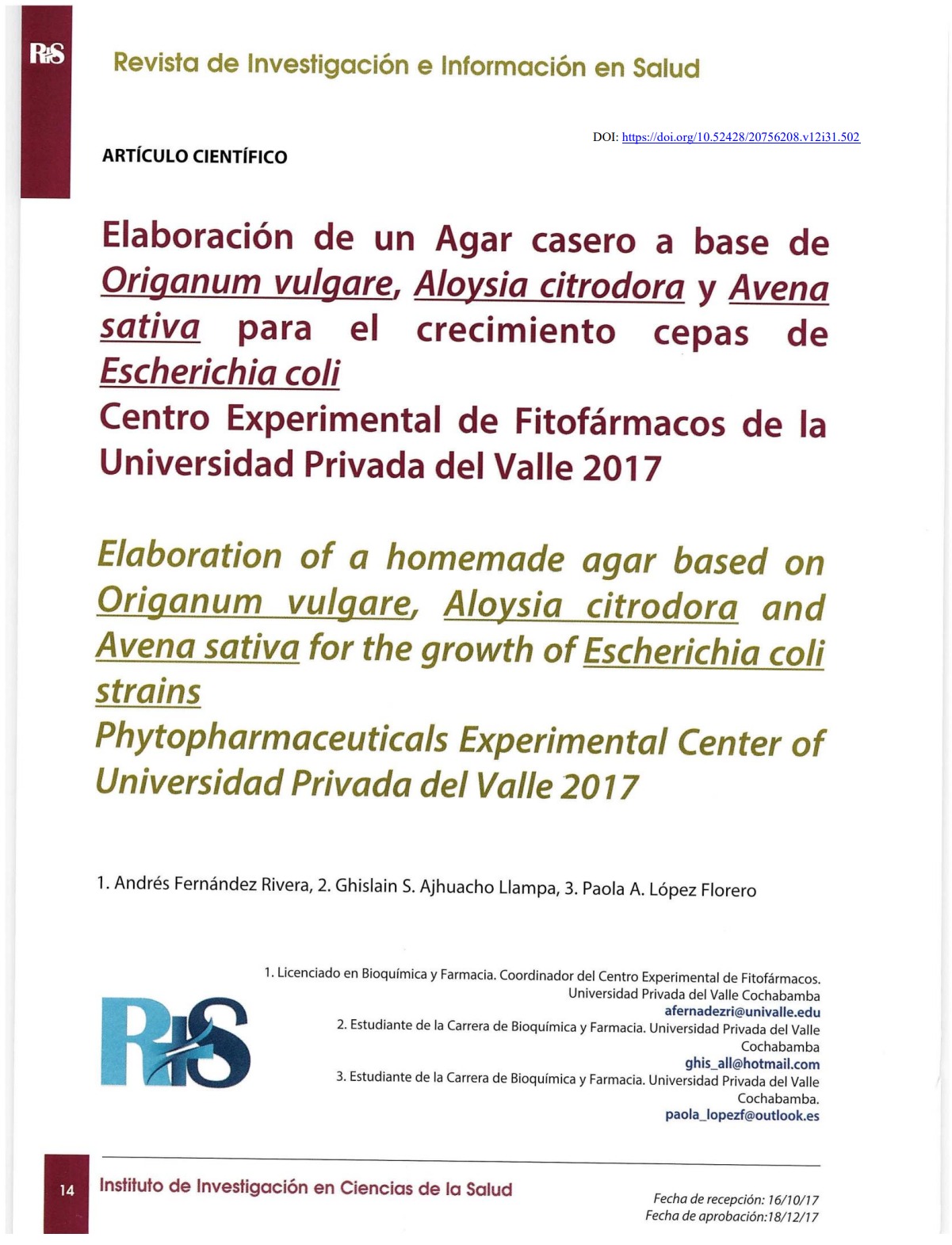
Downloads
Published
How to Cite
Issue
Section
License
Copyright (c) 2017 Andrés Fernández Rivera, Ghislain S. Ajhuacho Llampa y Paola A. López Florero

This work is licensed under a Creative Commons Attribution 4.0 International License.
Authors who publish with this journal agree to the following terms:
- Authors retain copyright and grant the journal right of first publication with the work simultaneously licensed under a Creative Commons Attribution License 4.0 that allows others to share the work with an acknowledgement of the work's authorship and initial publication in this journal.
- Authors are able to enter into separate, additional contractual arrangements for the non-exclusive distribution of the journal's published version of the work (e.g., post it to an institutional repository or publish it in a book), with an acknowledgement of its initial publication in this journal.
- Authors are permitted and encouraged to post their work online (e.g., in institutional repositories or on their website) prior to and during the submission process, as it can lead to productive exchanges, as well as earlier and greater citation of published work.







